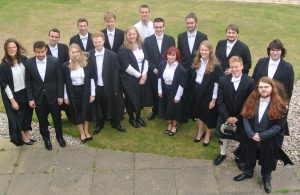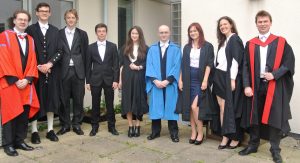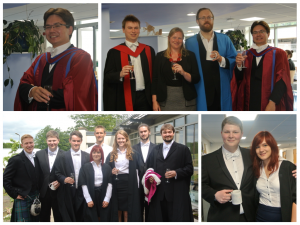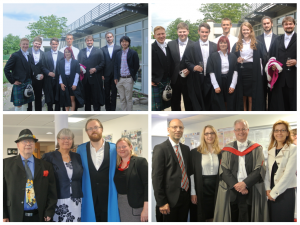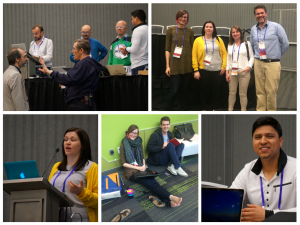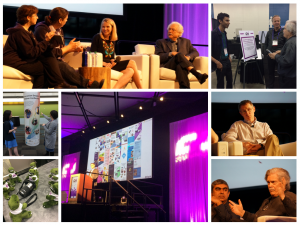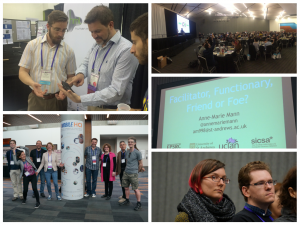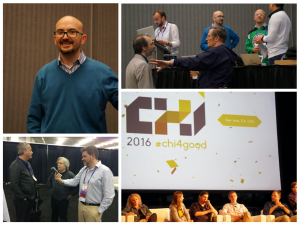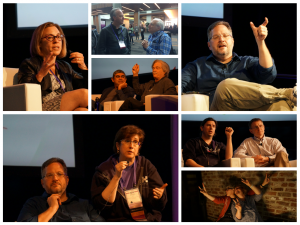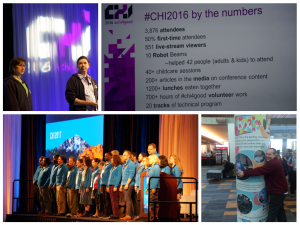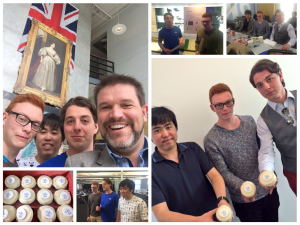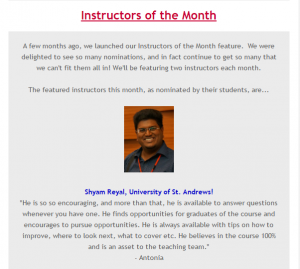We seek applications for 2 lectureships in Computer Science. We welcome applications from excellent researchers who have a strong research background and excellent publication record in any area of computer science and a commitment to excellent teaching. These are fixed-term posts, lasting three years, however the School’s student numbers are currently growing rapidly, and if this is sustained we expect a number of permanent lectureships to open up over the next few years.
You should have a PhD, a period of postdoctoral experience and an outstanding research record as demonstrated by publications and research funding. You must be willing to cooperate with other researchers across the School and University and to teach in any area of Computer Science. Teaching is important to us and you should be a committed teacher, with appropriate experience.
Candidates interested in this post are welcome to informally contact Steve Linton hos-cs@st-andrews.ac.uk or Dharini Balasubramaniam dot-cs@st-andrews.ac.uk to discuss possible options.
For further information about the School of Computer Science, please see the further particulars.
Applications are particularly welcome from women, who are under-represented in science positions at the University. You can find out more about Equality & Diversity at https://www.st-andrews.ac.uk/hr/edi/.
The University of St Andrews is committed to promoting equality of opportunity for all, which is further demonstrated through its working on the Gender and Race Equality Charters and being awarded the Athena SWAN award for women in science, HR Excellence in Research Award and the LGBT Charter; http://www.st-andrews.ac.uk/hr/edi/diversityawards/.
Information on how to apply.
Closing Date: 29 June 2016


